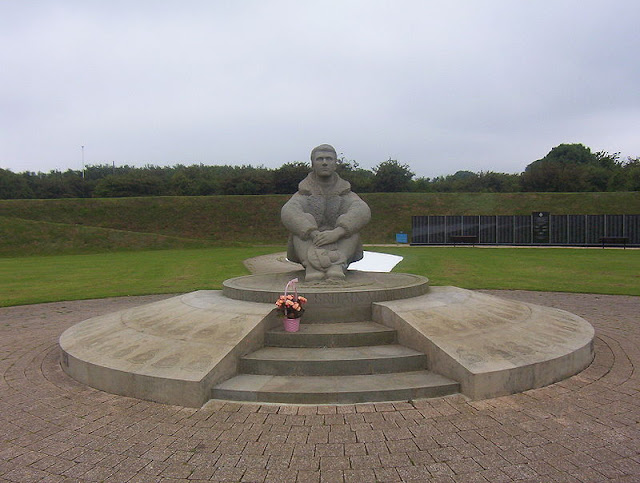Eighty years ago, heroism, oratory and (mainly) working democracy
The Battle of Britain reached its height on what came to be called the “hardest day.” Both sides suffered their heaviest casualties of the Battle but there remains considerable doubt over the precise numbers. The Luftwaffe lost approximately 70 aircraft and the RAF perhaps half that number in the air with more destroyed on the ground; the Luftwaffe’s main effort was to attack British air bases. The crucial difference in the casualties was that practically all the crew of destroyed Geram planes were killed or taken prisoner whilst many of the British pilots parachuted to safety and could return to combat. Luftwaffe Ju87 Stuka dive bombers suffered disproportionately high casualties, when confronted by modern fighters. They played no significant part in the remainder of the Battle. The propaganda organisations of both sides claimed about twice as many successes than had been achieved and understated their losses by half.
The air battle over England inspired Churchill to make one the most famous speeches ever, which immortalized the efforts of the British fighter pilots. Just as he had foreseen the coming battle, he gave praise to the British and allied combatants whilst the battle was still raging and far from decided, "Never in the field of human conflict was so much owed by so many to so few." Fewer than 3,000 airman were to be entitled to wear the Battle of Britain clasp to the 1939-1945 medal. Churchill had the ability to speak with the voice of history, implicit in the speech was confidence in ultimate victory. He also allowed himself a very effective sarcastic dig at his opponent, which might be better remembered if it had been made in a less famous speech: if the German air attacks were to peter out following all Hitler’s boasting, "the Führer's reputation for veracity might be seriously impugned."
Churchill made his “the few” speech in the House of Commons, showing at one end of the scale how Britain’s fight was rooted in democracy; at the other end of the scale there were two instances of the government having to face the scrutiny of political debate, however desperate the country’s military plight might have been. The draconian regime of detaining citizens of enemy countries had been severely criticized as many of its victims had lived in Britain since well before the dictators came to power in Italy or Germany; equally many were refugees who would have been murdered out of hand by the Nazis. The government bowed to pressure and reduced the maximum age for detention to 65 from 70 and instituted exemptions for younger men, especially if they could help the war effort. These included scientists and German speakers (almost all Jewish). Unremarked at the time was the 180 degree reversal of policy in treating people one day as potential enemies and the next day as potential active allies.
Critics of government policy had less joy on another question of internal policy. The new government had created the Security Executive as a quasi-political body to oversee domestic security operations including MI5. It was chaired by a respected politician, Lord Swinton, but it had a permanent staff which included the deeply suspect Sir Joseph Ball, who had been a Conservative Party cadre and one of Neville Chamberlain’s least appealing supporters. Ball had been an MI5 officer up to the mid 1920s so knew something of the organisation, but there is a strong suspicion that his employment on the Security Executive had more to do with keeping quiet a man who knew where an impressive number of bodies were buried. Churchill was finally driven to address the question of the Security Executive in the House but only in the form of a stone-wall answer.
Perhaps to relieve pressure on such topics by alerting the public to a demonstrable Fifth Column danger the government allowed the news of German black propaganda operations to be published. The Büro Concordia, a joint venture between the German propaganda ministry and the foreign office, launched a clutch of radio stations supposedly operating clandestinely in Britain: Radio Caledonia aimed at Scottish nationalists; "Christian Peace Movement," for religious pacifists; "Workers' Challenge Station " aimed at industrial labour. They were almost entirely ineffectual. The most notable feature was to use obscenity unimaginable in a public broadcast at the time but the scripting was comically inept:"Nobby [a stock working class given name, in middle class imagination at least]: Of course we can [do something about affairs] You're too bleeding slow. Jim: It's no use talking like that, old man [ a giveaway middle class locution]. We can't do a single thing about it The bosses have got all the power to keep us down. Besides the coppers and soldiers are on their side, so they pay them better."



Comments
Post a Comment